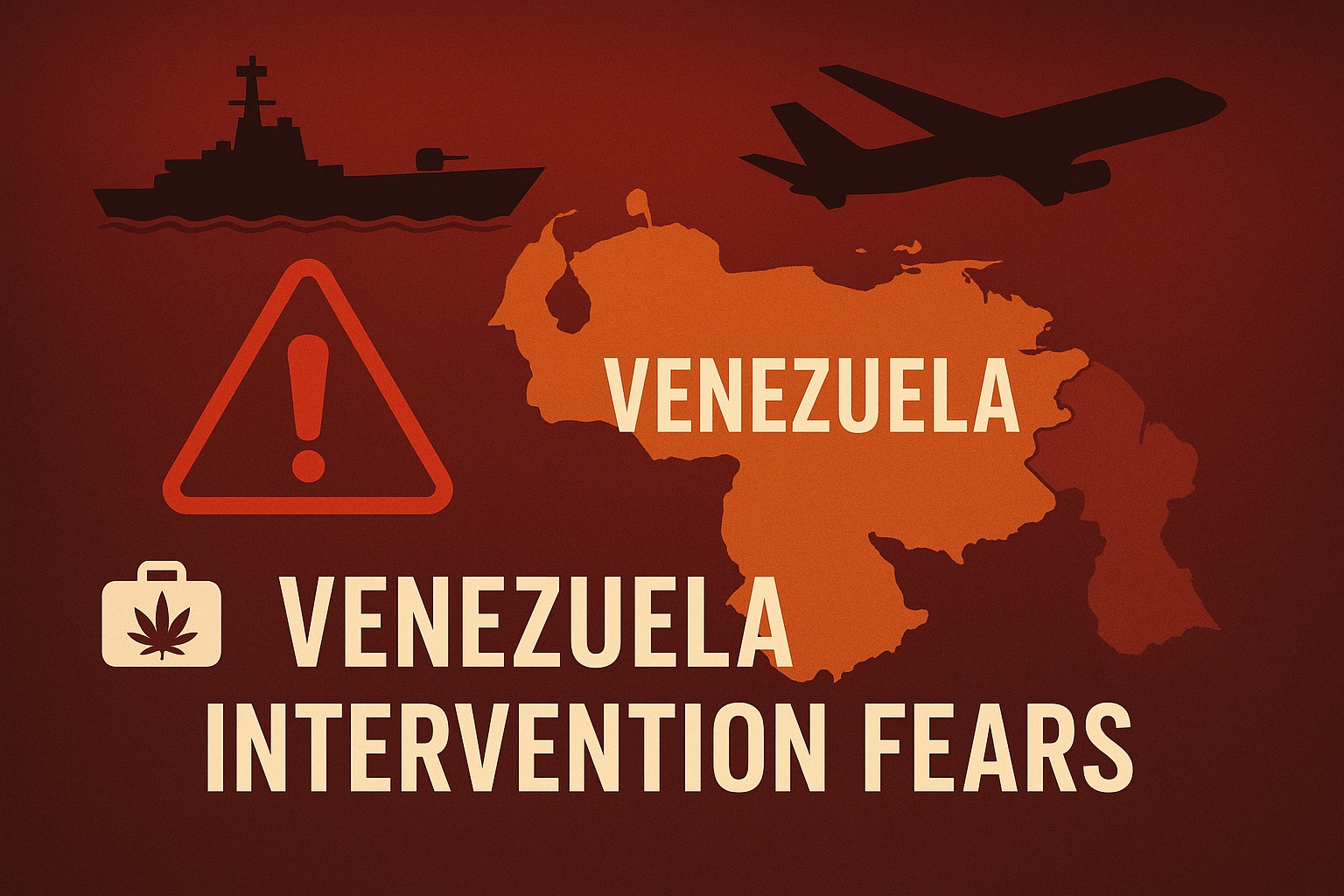Introduction
On August 28, 2025, South Africa reflected once again on the unfinished legacy of the Zondo Commission. Nearly three years after the publication of its landmark state capture report, questions remain about whether justice has truly been served. Citizens, institutions, and the global community are watching closely as delays in accountability raise concerns over democratic resilience.
The Commission, formally known as the Judicial Commission of Inquiry into Allegations of State Capture, was designed to expose systemic corruption and offer a blueprint for reform. Its hearings revealed the entanglement of political, financial, and administrative actors in widespread corruption, with many implicated figures still awaiting prosecution.
Analysts and civil society organizations emphasize that the implementation phase is critical. Without concrete action, the Zondo Commission risks becoming a historical document rather than a transformative tool for South African governance. The public demands more than reports; they demand measurable progress and accountability.
Government’s Latest Anti-Corruption Pledge
At the National Anti-Corruption Advisory Council, the Deputy Minister of Justice acknowledged the slow pace of implementing the Zondo recommendations. Structural hurdles, limited resources, and political resistance were highlighted as barriers.
The government introduced plans to reinforce oversight mechanisms, establish specialized anti-corruption courts, and enhance cooperation with international anti-corruption bodies. Despite these measures, citizens remain skeptical due to past delays and unfulfilled promises. The Zondo Commission raised expectations that are yet to be met.
Legal experts argue that embedding anti-corruption strategies into law enforcement, and ensuring prosecutorial independence, is key to translating recommendations into action. South Africa’s democratic institutions must now reconcile symbolic reforms with substantive justice.
Financial Institutions Under the Spotlight
Beyond political figures, South Africa’s major banks have been criticized for their role in facilitating state capture. A recent IOL report highlights ongoing investigations into banks that failed to flag suspicious transactions linked to corrupt networks.
While the banking sector has implemented compliance reforms, watchdog groups demand greater transparency and accountability. The Zondo Commission revealed that corruption extends beyond government offices, implicating financial institutions in systemic malpractices.
Experts stress that effective anti-corruption measures require monitoring both public and private sectors. Strengthening regulatory frameworks, enhancing whistleblower protections, and maintaining public scrutiny are essential to prevent future lapses.
Three Years On: Progress vs. Public Expectations
The Presidency’s July 2025 progress report documented several initiatives following the Zondo Commission, including policy updates, disciplinary actions, and institutional reforms. Nevertheless, public skepticism remains high, with many questioning the gap between promises and tangible prosecutions.
Critics argue that symbolic reforms cannot replace substantive justice. Citizens expect visible consequences for those implicated in state capture. The Zondo Commission succeeded in uncovering corruption, but sustaining momentum requires consistent enforcement and transparent reporting.
Civil society organizations continue to monitor progress closely, emphasizing the role of media, advocacy groups, and public engagement in holding authorities accountable. The Commission’s recommendations, while extensive, will only matter if effectively implemented.
Why the Zondo Commission Still Matters
The Zondo Commission was more than a fact-finding body; it was a pivotal moment in South Africa’s democratic journey. By exposing systemic corruption, it ignited national discourse on accountability and the rule of law. Ordinary citizens, journalists, and activists view it as a crucial reference point for ongoing governance reforms.
Today, the Commission’s findings remain relevant, serving as both a warning and a blueprint. Its legacy underscores the importance of integrity in political and financial institutions, highlighting that unchecked corruption can undermine democracy, economic growth, and public trust.
Scholars suggest that integrating the Zondo recommendations into long-term institutional reforms is vital. Without continued attention and enforcement, the lessons of the Commission risk fading, weakening South Africa’s capacity to prevent future state capture.
The Road Ahead for Accountability
The path forward requires a multi-faceted approach. Experts recommend establishing permanent anti-corruption bodies, strengthening the judiciary, and fostering international collaboration. The unfinished work of the Zondo Commission provides a clear agenda for such initiatives.
Public pressure remains a driving force. Media scrutiny, civil society activism, and citizen participation ensure that authorities remain accountable. Sustainable anti-corruption frameworks must combine legal enforcement with societal vigilance to prevent regression.
In addition, enhancing financial transparency, improving whistleblower protection, and fostering ethical leadership are seen as critical steps. Only by addressing both political and institutional dimensions can South Africa hope to fulfill the vision set by the Zondo Commission.
Conclusion
As of August 28, 2025, the story of the Zondo Commission is ongoing. Its revelations of corruption at the highest levels, detailed recommendations, and the hope it generated for cleaner governance remain influential. However, delays in implementing its recommendations raise concerns about the effectiveness of anti-corruption efforts.
The Commission’s legacy serves as a reminder that accountability is not just a matter of documentation but requires actionable reform. Through sustained effort, enforcement, and civic engagement, South Africa can honor the Zondo Commission by translating its findings into meaningful justice and systemic change.




